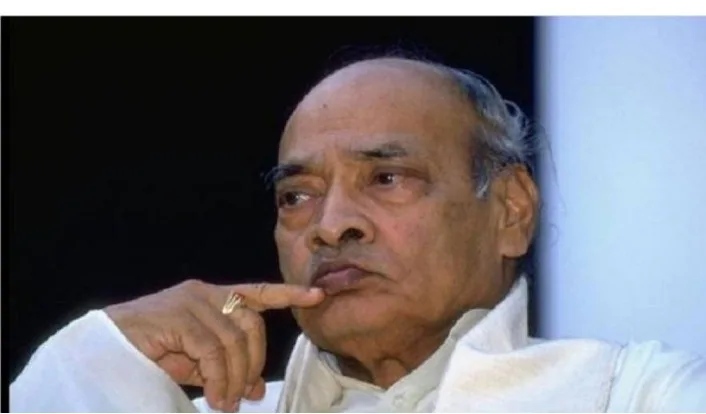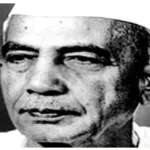New Delhi: P.V. Narasimha Rao, born Pamulapati Venkata Narasimha Rao, is a name well-known beyond the realms of politics in India. Besides being a former Prime Minister, he was recognized as an economist delving into the intricacies of India’s economic activities. Rao, not just a politician and economic reformer but also an agriculture specialist and lawyer, played a pivotal role in shaping the nation.
Born on June 28, 1921, in Karimnagar, Telangana, Rao pursued his education at Osmania University, Mumbai University, and Nagpur University. With expertise in both law and agricultural research, he left an indelible mark on various aspects of Indian society. In a recent announcement, the National Democratic Alliance (NDA) government, led by Prime Minister Narendra Modi, declared the prestigious ‘Bharat Ratna’ award for the late P.V. Narasimha Rao on February 9, 2024.
Apart from his political endeavors, Rao had a keen interest in music, cinema, and performing arts. He contributed to literary works, translating renowned Telugu and Marathi novels. His diplomatic engagements included lecturing at universities in the United States and West Germany. Notably, he served as the Foreign Minister in 1974, undertaking official visits to Britain, West Germany, Switzerland, Italy, Egypt, and more.
Known for his astute political strategies, Rao chaired critical international conferences, notably during the Gulf War in 1991 and the Israeli-Palestinian conflict in 1983. His leadership was instrumental in navigating India through challenging economic times.
Assuming office during a period of economic crisis, Rao implemented significant economic reforms to stabilize the country. The dismantling of the License Raj, the opening of Indian equity markets to foreign investors, and the initiation of the National Stock Exchange (NSE) as a computer-based trading platform were among his impactful decisions.
Under Rao’s leadership, the Reserve Bank of India’s seasoned governor, Dr. Manmohan Singh, took charge as the Finance Minister to spearhead economic reforms. The end of the License Raj and liberalization of foreign investments marked a paradigm shift in India’s economic landscape.
Rao’s tenure witnessed the termination of the Controller of Capital Issues in 1992, which regulated the pricing and issuance of company shares. The establishment of the Securities and Exchange Board of India (SEBI) empowered the regulation and registration of market intermediaries.
In 1992, India opened its equity markets to foreign institutional investors, allowing Indian companies to issue Global Depository Receipts (GDRs) and access international markets for fundraising. The National Stock Exchange, introduced in 1994, revolutionized stock trading with its computer-based system.
A reduction in tariffs from an average of 85% to 25%, the removal of quantitative controls, and the permission for 100% foreign equity in priority sectors were part of Rao’s economic agenda. The limit on foreign equity participation in joint ventures was raised from 40% to 51%, encouraging direct foreign investment.
Rao’s visionary approach and strategic economic policies laid the foundation for modern India, earning him accolades and, posthumously, the Bharat Ratna.






